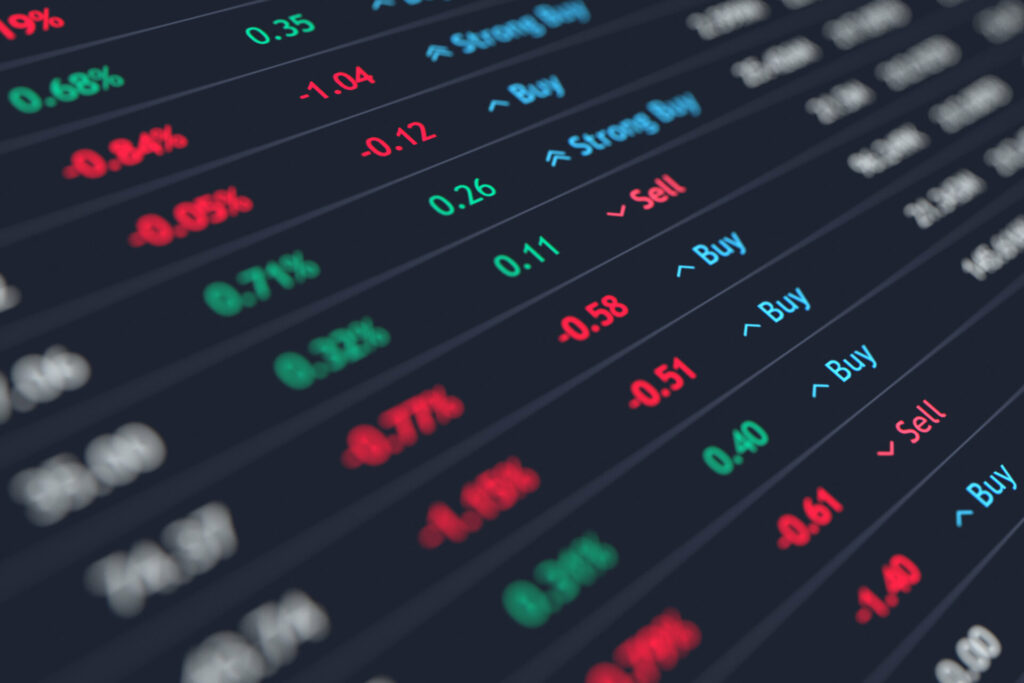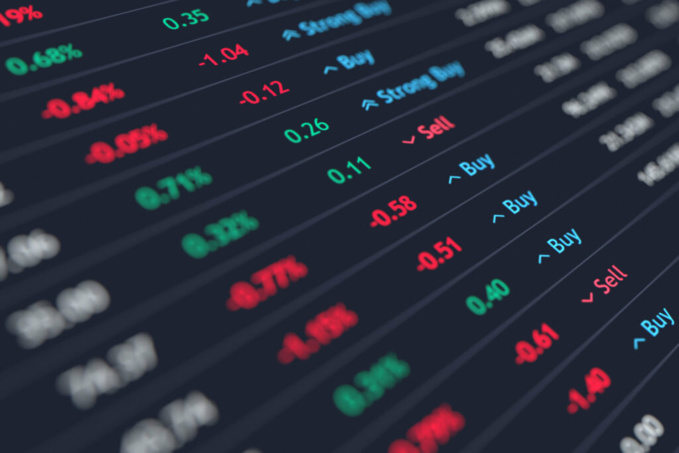A quick rise to the top
“The activity of a private equity investor must be a driving force in the day-to-day economy, but also a player in change and society,” said Dominique Senequier, President of Ardian. “The act of investing in the real economy is essential for the growth and transfer of businesses. It is this type of finance, concrete and with a positive impact, at the service of companies, people and society, that we must now draw the lines for the future”.
Such rhetoric from a CEO in a sector with a dubious reputation as economic raiders that dates back to the 1980s is testament to Ardian’s very modern approach to investment. Value creation has historically been focused on governance, the reorganisation of failing businesses or family-run conglomerates in order to boost profitability. Sustainability, on the other hand, has barely been an afterthought. No more…
Ardian, launched back in 1996 as AXA Private Equity, spent years expanding its international portfolio and generating growth. “I gave her 25 million, I think it was in Francs, and she achieved incredible growth,” noted Claude Bébéar, Chairman of AXA, commenting on Dominique Senequier’s sudden rise as a superstar on the international private equity scene when she was given the reins of AXA Private Equity from its creation.
In the late 1990s, the firm began pursuing mid-cap buyouts in France; the firm’s first investment was in GSI Banque, a provider of IT services, in 1998. For the next decade, and beyond, Senequier consolidated the firm’s position at an international level, expanding its portfolio to London, New York, Frankfurt, Singapore and Milan. At the same time, asset-management became part of the core strategy of the firm. Today, funds-of-funds unit now manages or advises about $37 billion.
The firm’s steady rise to the top during the 2010s, in spite of the understandable shaky period following the 2008 financial crash, meant that by 2013, AXA Private Equity was one of the biggest, most influential players in the European private equity scene. The logical next step for the firm was independence from its parent company.
This happened in 2013, with the management led by Senequier, buying out a 46% stake in the firm and renaming it Ardian. This move signalled a transformation of the firm’s investment strategy, as outlined by Senequier herself: “From today, we are fully independent. We will direct our entrepreneurial spirit, which remains at our heart, towards exploring new ways of fostering growth, while continuing to invest in a way that blends our discipline and conviction with our long-term philosophy.”
ESG, SRI and a more modern approach
A focus on sustainability and socially responsible investing, though ostensibly ubiquitous today, was for years confined to a relatively small area of the market. Sustainability for profitability seemed like an idea for the mavericks, with value creation coming from more traditional investment avenues and market evolution. From its creation in 2013, Ardian strived to do things a little differently, using sustainable investment to drive value creation.
By 2015, the firm moved into, led by Stéphanie Bensimon, and opened offices in Madrid and San Francisco. “Sustainability was a growing focus, highlighted by continued recognition from the UN Principles for Responsible Investment, widely seen as representing the investment industry’s benchmark when it comes to sustainability,” says the Ardian website.
The following years saw the firm expand this approach. Ardian’s sustainability strategy is focused on four areas: climate change, diversity and equal opportunities, profit sharing, and governance and ethics. “Investing must be a force for good,” Dominique Senequier has declared, and Ardian certainly adheres to this idea through its many international SRI projects. “As a private investment house, we are convinced that the most sustainable companies will have the greatest long-term value to its stakeholders. It is essential,” said Senequier during the firm’s virtual summit on climate action back in June 2021.
The idea that ESG criteria can actually be drivers for value creation is at the core of the recent evolution of PE markets. Historically, ESG was focused on compliance, adhering to regulatory frameworks in order to generate growth. The recent spate of global crises, from the pandemic and resulting economic crisis to wars in Syria, Iraq and Ukraine, and the expanding global climate crisis have shown that developing new economic systems in a more sustainable way is crucial to creating a long-lasting investment ecosystem resilient to any future disruption. This is something Ardian understood from the off, before many of its peers…
“The activity of a private equity investor must be a driving force in the day-to-day economy, but also a player in change and society,” said Dominique Senequier, President of Ardian. “The act of investing in the real economy is essential for the growth and transfer of businesses. It is this type of finance, concrete and with a positive impact, at the service of companies, people and society, that we must now draw the lines for the future”.
Such rhetoric from a CEO in a sector with a dubious reputation as economic raiders that dates back to the 1980s is testament to Ardian’s very modern approach to investment. Value creation has historically been focused on governance, the reorganisation of failing businesses or family-run conglomerates in order to boost profitability. Sustainability, on the other hand, has barely been an afterthought. No more…
Ardian, launched back in 1996 as AXA Private Equity, spent years expanding its international portfolio and generating growth. “I gave her 25 million, I think it was in Francs, and she achieved incredible growth,” noted Claude Bébéar, Chairman of AXA, commenting on Dominique Senequier’s sudden rise as a superstar on the international private equity scene when she was given the reins of AXA Private Equity from its creation.
In the late 1990s, the firm began pursuing mid-cap buyouts in France; the firm’s first investment was in GSI Banque, a provider of IT services, in 1998. For the next decade, and beyond, Senequier consolidated the firm’s position at an international level, expanding its portfolio to London, New York, Frankfurt, Singapore and Milan. At the same time, asset-management became part of the core strategy of the firm. Today, funds-of-funds unit now manages or advises about $37 billion.
The firm’s steady rise to the top during the 2010s, in spite of the understandable shaky period following the 2008 financial crash, meant that by 2013, AXA Private Equity was one of the biggest, most influential players in the European private equity scene. The logical next step for the firm was independence from its parent company.
This happened in 2013, with the management led by Senequier, buying out a 46% stake in the firm and renaming it Ardian. This move signalled a transformation of the firm’s investment strategy, as outlined by Senequier herself: “From today, we are fully independent. We will direct our entrepreneurial spirit, which remains at our heart, towards exploring new ways of fostering growth, while continuing to invest in a way that blends our discipline and conviction with our long-term philosophy.”
ESG, SRI and a more modern approach
A focus on sustainability and socially responsible investing, though ostensibly ubiquitous today, was for years confined to a relatively small area of the market. Sustainability for profitability seemed like an idea for the mavericks, with value creation coming from more traditional investment avenues and market evolution. From its creation in 2013, Ardian strived to do things a little differently, using sustainable investment to drive value creation.
By 2015, the firm moved into, led by Stéphanie Bensimon, and opened offices in Madrid and San Francisco. “Sustainability was a growing focus, highlighted by continued recognition from the UN Principles for Responsible Investment, widely seen as representing the investment industry’s benchmark when it comes to sustainability,” says the Ardian website.
The following years saw the firm expand this approach. Ardian’s sustainability strategy is focused on four areas: climate change, diversity and equal opportunities, profit sharing, and governance and ethics. “Investing must be a force for good,” Dominique Senequier has declared, and Ardian certainly adheres to this idea through its many international SRI projects. “As a private investment house, we are convinced that the most sustainable companies will have the greatest long-term value to its stakeholders. It is essential,” said Senequier during the firm’s virtual summit on climate action back in June 2021.
The idea that ESG criteria can actually be drivers for value creation is at the core of the recent evolution of PE markets. Historically, ESG was focused on compliance, adhering to regulatory frameworks in order to generate growth. The recent spate of global crises, from the pandemic and resulting economic crisis to wars in Syria, Iraq and Ukraine, and the expanding global climate crisis have shown that developing new economic systems in a more sustainable way is crucial to creating a long-lasting investment ecosystem resilient to any future disruption. This is something Ardian understood from the off, before many of its peers…



















